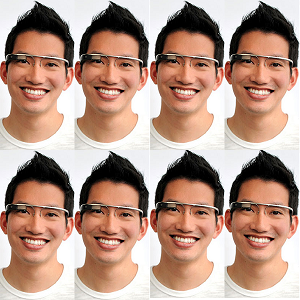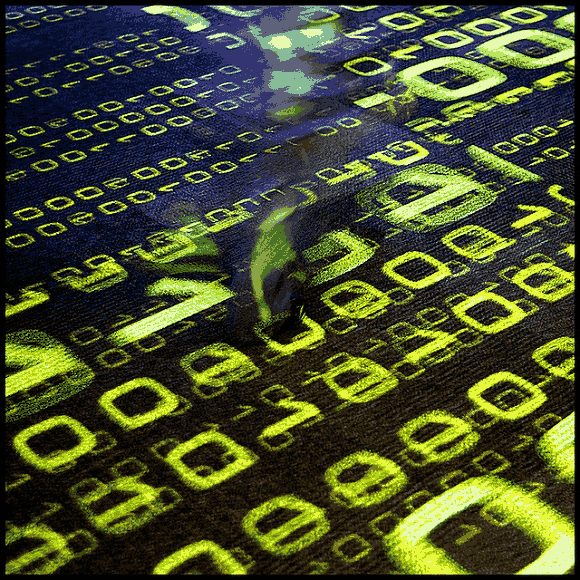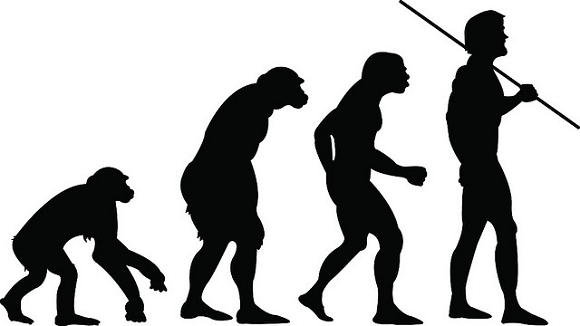At the beginning of April Google unveiled Project Glass, a new effort to bring smartphone functionality to your eyeball(s). And that's not me overstating the case. This is a HUD (Heads-Up Display) offering augmented reality, and it's in development right now at Google HQ.
We have already heard from James how this technology is perfectly feasible, and that the concept video Google proferred isn't pie-in-the-sky thinking. Chris then detailed why he loves the idea of a future in which we're all walking around with Google glasses stuck to our faces. I'm not so keen at this early stage, and here are the reasons why an augmented reality future powered by Google scares me.
Always On the Grid
I work online and love the Internet for many, many reasons. It helps me pay my bills, it has educated and entertained me in equal measure, and become a big presence in my life. But I've tried not to make it an indelible part of my life, and I try to take at least one day off the grid every week. It's not long enough really, but it helps keep me connected with the real world, a world beyond the digital realm.
While it will undoubtedly be just as easy to remove a pair of Project Glass specs as it is to turn off a computer or ignore a smartphone, I'm not convinced people will, or will want to, do that. Once life with this layer of augmented reality is experienced, how many of us will actively choose to remove that layer in order to return to the usual, humdrum reality of just seeing what is in front of our faces?
I fear people will choose to remain on the grid at all times, attached to the Internet, but detached from the wider world that life itself offers.
Distraction = Ignorance
If the emergence of mobile technology has taught us anything it's that people can be incredibly rude when distracted by something supposedly more interesting. I doubt there is anyone reading this who hasn't had to suffer the ignominy of being ignored by someone who is too busy either ringing, texting, or emailing someone, or doing anything else on their smartphone or tablet. Unless I am very boring company.
Imagine for a moment how much worse this trend will be when we all start wearing augmented reality goggles. Information will be beamed right in front of our faces, even when we're in the middle of a conversation. Have we got the capacity to ignore this in order to carry on conversing with each other? Or to be respectful in the midst of such a barrage of messages and images?
I fear Project Glass will lead to more distraction, and in turn, more ignorance. Our ability to focus on those around us is going to be severely tested by this technology.
Alone Together
The Internet has made the world a much smaller place. I know people from around the world, MakeUseOf has writers living on most continents, and generally speaking Earth is now a global village where physical location is of less importance than ever before. With this the idea of friendship and meaningful contact has changed, and not for the better.
Smartphones have already begun this trend of us being connected to the wider world while being disconnected with people standing next to us. And an augmented reality future is only going to make this worse. If I imagine a day when the majority of people are walking around wearing these things I see a day when we're ignorant of our closest neighbors while communicating with someone on the other side of the planet. A form of self-initiated isolation.
I fear the online, digital realm will become the norm, at the expense of the people, places, and objects in our natural environment.
Don't Be Evil
Google chose a mantra to live by in its early days. An informal corporate slogan which simply states, 'Don't Be Evil.' It's a great shorthand for what the company was supposed to be about. Unfortunately the company has had to bend the rules and break its own golden rule as it has grown into the behemoth we know it as today. Perhaps evil is a strong word to describe anything Google does, but some of its practices aren't exactly wholesome or innocent.
Google already knows a lot about you and your online habits. With Google Search, and Google Android as mere starting points it has its eyes and ears everywhere. Alongside Facebook and others, it's part of the culture of an erosion of privacy we're all experiencing on the Web. With that in mind the last thing any of us should do is give Google access to our whole lives, which is what Project Glass would enable in a dystopian future.
Project Glass would enable Google to be involved in aspects of your life that are currently off-limits. They would know where you're going, what you're doing, and who you're doing it with. The default will likely be to have everything switched on to enable the full augmented reality experience. If you think Facebook's ever-changing privacy policy is bad, imagine what the Project Glass privacy policy would be like as it evolved.
I fear getting the most out of Google's technology will mean giving up any idea of privacy we're currently desperately clinging on to.
De-evolution
The concept video Google delivered to herald the arrival of Project Glass shows someone relying on the device for almost everything. It's reminding him of appointments, noting down concert dates, and giving him directions (even inside a book shop). All things we can already do with existing technology, granted, but with a new ease that means it will become standard practice.
Having this opportunity to bypass our brain's own natural capacity to think, remember, learn, and adapt could mean laziness will set in. We have already lost the ability to do things our long-distant ancestors could do without a second thought. And that will happen once more should this technology one day reign supreme.
I fear the more reliant on technology we become the less we'll be able to cope with even the simplest of tasks. De-evolution beckons.
Conclusions
I can guess how I will be perceived after writing this article. I'll be labeled the same as those naysayers throughout history who have urged caution in the face of emerging technologies. But I'm comfortable with that. It's not that I'm against Project Glass or that I believe it to be a folly. In fact, I believe this is the natural next step beyond smartphones and touchscreen tablets.
That doesn't, however, make me incapable of seeing the possible downsides of Project Glass and the competing systems of wearable augmented reality guaranteed to show up over the next decade or so. Perhaps the positives will outweigh the negatives, some of which I have outlined above. But I remain unconvinced for the time being.
As always we welcome your comments on the article above. Do you agree or disagree with my views? Feel free to let me know either way. Opinion is free, discussion is good, debate is healthy.






